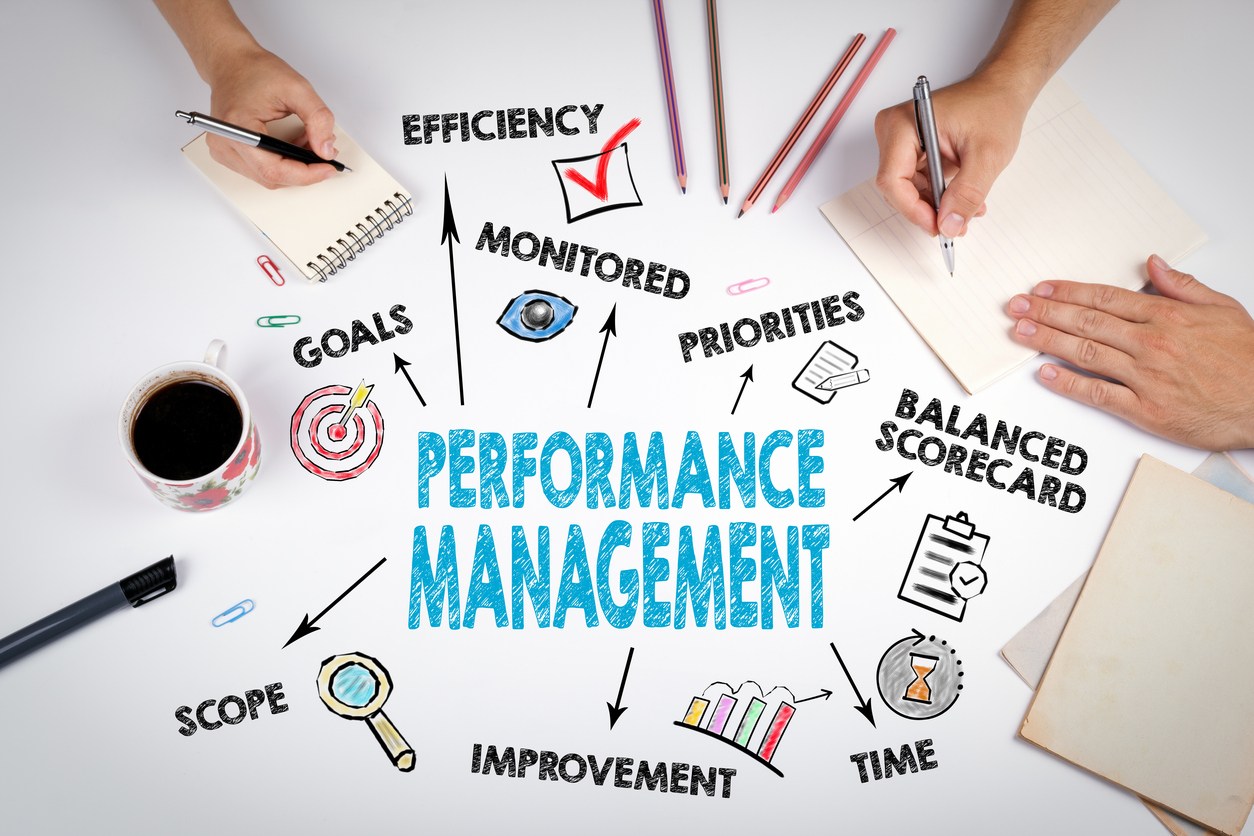
Performance Management training can be very profound. It can really make a difference to performance at various levels if used effectively.
A very interesting tool that Performance Management training looks at is Conversations. If powerful conversations occur between a superior and subordinate, it greatly helps in moving them both in the desired direction.
Some things that these Conversations talk about are:
- Goals: Goal setting forms an important part of Performance Management Training. It helps Managers create SMART goals for their departments and team members. What’s SMART? Specific, Measurable, Achievable, Realistic and Time bound. It sets goals that are challenging yet achievable. Goals that are based on timelines and those which have their milestones well in place.
- Expectations: In many organisations, goals are set but are very often not communicated in the correct manner. So what is the right way to communicate expectations? By telling the subordinate what the goal is, asking him/her whether it is possible to achieve it based on the current ground realities and talking about actions they will take to get there. This ensures greater buy-in of the team members – the people who will be actually putting in their efforts to achieve the goal. It also gives direction to the team members, helps them understand how they will complete their goals and makes them feel supported.
- Performance: Performance Management training looks deeply into performance conversations. Superiors and subordinates sit together and analyse the Performance of the Subordinate. They have strong conversations that look at what’s happening, what’s not happening and why it’s not happening. In Performance Management training, Managers are also taught how to have coaching conversations that help their team members go beyond unwanted behaviour to help achieve their goals. Performance Conversations give employees a chance to come to know how they are doing and what they need to do to reach where they need to.
- Feedback: There are some very effective feedback tools that are a part of Performance Management trainings. These tools help Managers give their subordinates feedback – motivational and developmental – in the best possible manner. Such feedback conversations also provide a platform for the team member to give his Manager feedback on the support he receives from him/her. This makes it a two-fold process which gives an opportunity for both sides to voice what they feel for ensuring they are supporting each other to fulfill the organisational goals.
That’s performance management training at its best! It gives employees a chance to be heard and receive support on how to achieve their goals through effective performance conversations.
